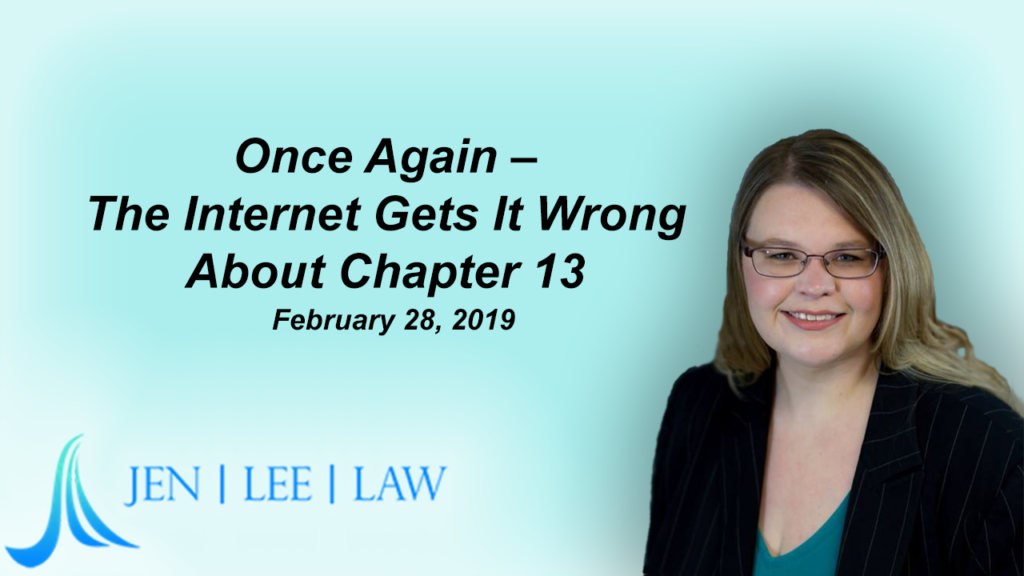There are a couple variations of this question, but if often comes up when we are talking to clients. We’ll run through a few ways this comes up and why adding people to deeds is probably not a good idea.
First example: A client comes in and has assets that she wants to protect from creditors, for example, her house. The house has a lot of equity and she does not want liens against the house. She asks, “Can’t I just transfer the title of my house to my son?”
There are a few problems with this idea. From an estate planning and tax standpoint (and I’m not an estate planning attorney, so consult an expert regarding your own situation), but there are potentially significant tax consequences to transferring property this way. From a creditor standpoint, it may be considered fraud if you transfer assets knowing that there are claims against you. That can be a complicated analysis, and depending on which statute is being used, can go back as far as 6 or 7 years to see if you transferred property to avoid creditors being able to collect.
Second example: Same situation as above with a house that the client is trying to protect from creditors, but now asks, “Can I SELL the house to my son for $1?”
Lots of issues here, especially with selling property for less than fair market value and selling to a family member. From a creditor standpoint, it is still a transfer and may be considered fraud if a creditor is able to show that it was done to hinder collections by creditors.
Third example: A client comes in and does not really have any assets, mostly unsecured credit card debt, and looks like a Chapter 7 bankruptcy would be the best option for a fresh start. Towards the end of the conversation, he says, “Oh, by the way, my parents added me to the deed of their house a few years ago for estate planning. The house is worth $1.5 million and they own it free and clear. That won’t be a problem, right?”
Wrong. In a Chapter 7, the trustee’s job is to find assets that are available to sell to pay your creditors. You now have an interest in a $1.5 million house that the trustee would be interested in selling, or at least making a deal to get your creditors paid through some sort of settlement with you and/or your parents. The case has gone from a simple Chapter 7 to a complicated analysis and some risk if you decide to move forward.
The best practice for all of these situations is to do proper estate planning, don’t transfer deeds to family members without getting advice on the consequences of that transfer, and don’t transfer assets to try to get away from creditors. Do proper planning before you need it, as that will be the most efficient (and least expensive!) option.
This is just a basic overview and is not legal advice specific to your situation. If you have questions about your rights when it comes to debt and credit, you should speak with an attorney in your area for legal advice. If you live in California or North Dakota and would like to speak with Jen Lee Law regarding your situation, please schedule an appointment.


